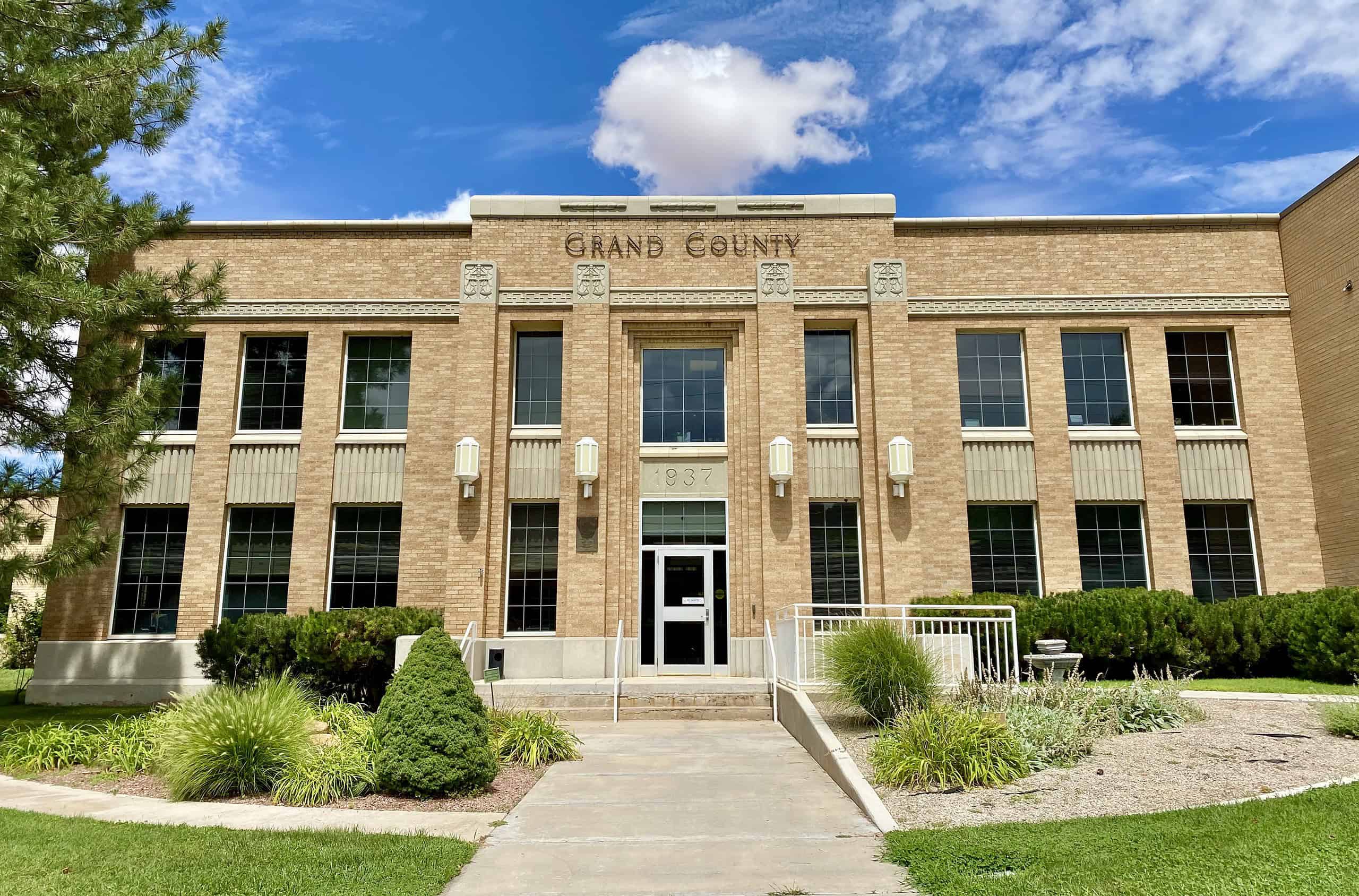Some information may be outdated.
In July, Grand County Commissioners signed on to a nationwide settlement agreement in a case against opioid distributors AmerisourceBergen, Cardinal Health, and McKesson and opioid maker Johnson & Johnson. The agreement was the denouement of a massive case against the companies for their role in the opioid epidemic, which has resulted in hundreds of thousands of deaths and millions in costs to communities.
Earlier Grand County had declined to join the settlement, holding out for a more substantial sum than the agreement offered—a sum more proportional to the costs and damages suffered by the community. However, a similar case in West Virginia was ruled in favor of drug companies, and indicated the likely outcome of other cases.
At their Sept. 6 meeting, Grand County commissioners swallowed another bitter pill in signing on to another meager settlement in litigation against opioid manufacturer Janssen. County Attorney Christina Sloan summarized the terms of the agreement. Janssen, in addition to agreeing to no longer manufacture opioids, owes $5 billion to entities across the country. Utah’s share is less than 1.5% of that sum. About 50% of that amount—which comes to about $75 million—is kept by the state. Grand County’s share of the remaining 50% is 0.3%, but the county must then pay a 20% attorney fee out of that payment. Sloan calculated that the county’s final share comes to 0.104%, “a very pathetic settlement amount that essentially leads to zero dollars for Grand County,” she said.
“There’s nothing that I am happy about here; but we are where we are based on the West Virginia ruling and the strong recommendation of our opioid counsel to settle.”
Sloan estimates that Grand County’s share comes to about $50,000, to be paid over the course of 40 years.
“It’s not even enough money to pay staff to determine how to distribute the funding under the settlement agreement,” she said, but suggested that the small payments could be donated to opioid recovery nonprofits.
“It’s a shame that the settlement is so little—it’s almost an insult, but it sounds like we have to take what little we get,” said Commission Chair Jacques Hadler, before the commission grimly voted to accept the settlement.
The commission also had to vote to agree to the 20% attorney fees to be paid from the settlement payments, an arrangement Sloan called the addition of “insult to injury” and “a smack in the face.” Throughout litigation, Sloan said she and other participating parties were told that attorney fees would be paid from a different pot of money, not the settlement payouts. In the end, however, commissioners had little choice but to agree to pay the attorney fees.
Appreciate the coverage? Help keep local news alive.
Chip in to support the Moab Sun News.





